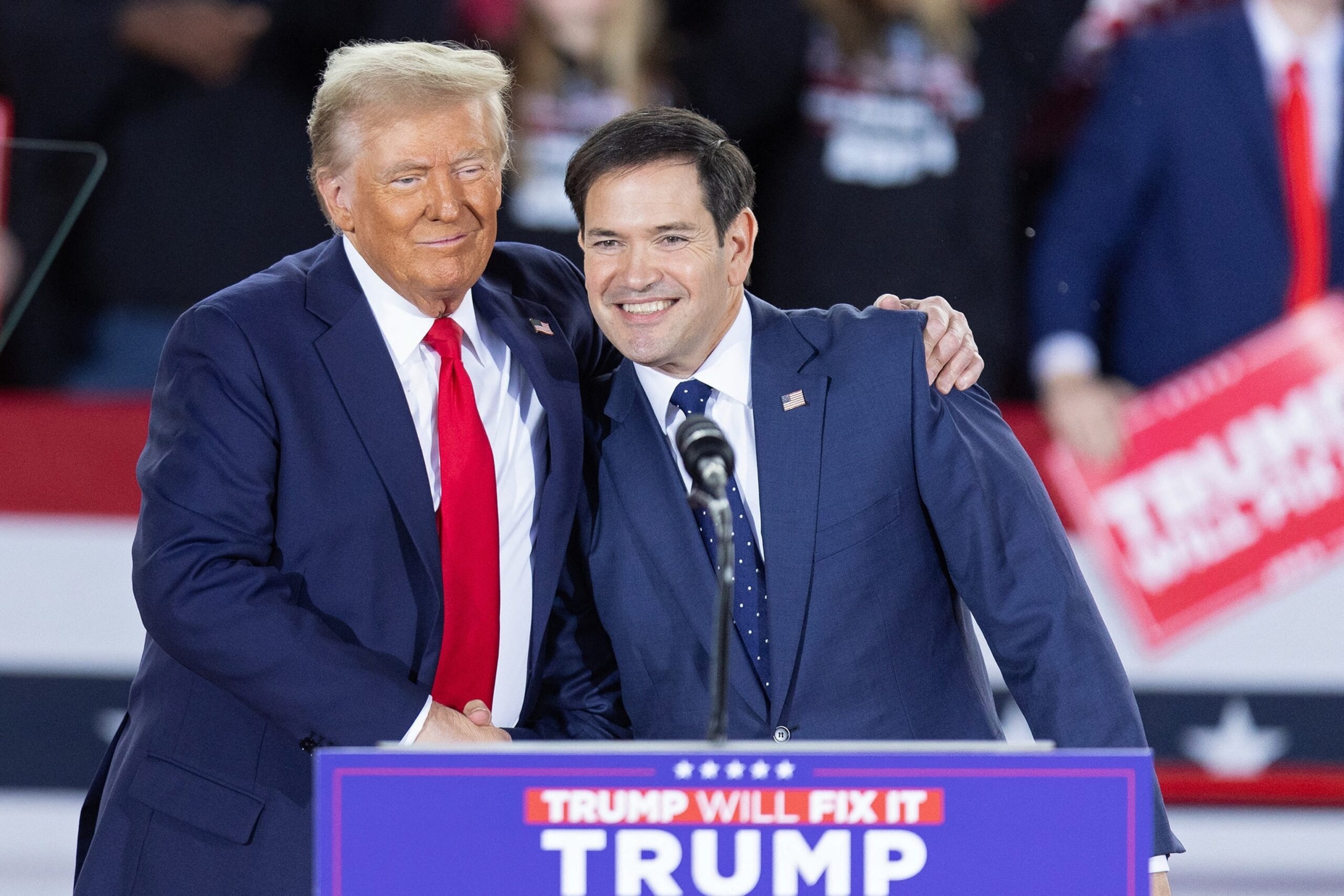As U.S. President-elect Donald Trump unveils his key cabinet appointments, Pakistan is grappling with the potential diplomatic fallout. With the selection of officials known for their Pakistan-critical and India-friendly stances, Islamabad faces the prospect of new challenges in its relations with Washington.
The selection of Donald Trump’s cabinet has raised new concerns in Pakistan. Can the newly appointed U.S. Secretary of State, Defense Secretary, National Security Advisor, and CIA Chief — all of whom hold Pakistan-critical and India-friendly views — lead to further diplomatic challenges for Pakistan?
The newly elected U.S. President, Donald Trump, has announced the inclusion of several key ministers and advisors in his cabinet, most notably Secretary of State Senator Marco Rubio. Rubio, in the past, introduced bills that were critical of Pakistan and supportive of India.
Marco Rubio had previously suggested that military aid to Pakistan should be withheld, accusing Pakistan of being involved in terrorism in India.
Trump’s new National Security Advisor, Mike Walts, also sent a message to Pakistan, insisting that the country must completely eliminate cross-border terrorism.
The newly appointed Director of U.S. Intelligence, Tulsi Gabbard, has previously accused Pakistan of facilitating cross-border infiltration into India and has repeatedly blamed Pakistan for harboring Osama bin Laden.
The nomination of the new CIA Chief, John Ratcliffe, is also seen as a message to Pakistan, indicating that the country is not a priority for him, while New Delhi holds far greater significance.
Indian media claims that Trump’s cabinet selections have caused unease within Pakistan’s establishment, policymakers, and think tanks.
High-level government and military officials are allegedly working on formulating a new strategy for relations with the United States.

